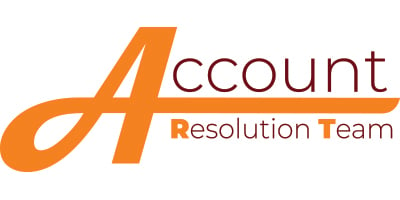A credit score, like a shadow, follows us for life and is either helped or harmed by our choices. A healthy score requires good financial decisions over a long period of time and knowing your risk factors. Here’s what you need to know and how you can use that information to improve your credit.
Paying off debt is a positive behavior that can affect your credit, however, don’t despair if you don’t see an immediate score increase or even a temporary dip. There are two types of credit:
- Revolving Accounts: These are your credit cards where you can continue to borrow as you pay and have no end term. These active accounts help determine your credit utilization ratio. The general rule of thumb is to keep your ratio under 30% of your credit limit. If your credit limit across all accounts is $10,000, spending less than $3,000 will maintain or help your score, anything above 30% could harm it. Another important thing to consider is to pay and leave revolving accounts open. Unless you have a good reason to close, leave it open. Closing accounts reduces your credit limit and can affect your utilization ratio.
- Installment Loans: These accounts, such as mortgage or car loans, have fixed monthly balances that close upon final payment. Unlike paying off debt in revolving accounts, settling an installment loan can temporarily cause your score to drop, or it may leave it unaffected. This is due to the fact that healthy credit requires a mix of revolving accounts and installment loans. If you pay off your only installment loan, your mix is now less diverse.
Next are the negative factors that can hurt credit. The following are important to know, because if severe enough they will remain on your credit report for 7-10 years as a derogatory mark:
- Delinquent Payments: When credit bureaus receive a report of sizable late or missed payments on a loan or credit line.
- Collections Accounts: If a payment is late enough that a collection agency becomes involved.
- Bankruptcy: Chapter 7 remains on your credit report for ten years and Chapter 13 for seven.
- Other: Foreclosures, debt resettlement, and repossessions.
Now that we’ve addressed the positive and negative factors, let’s look at how your credit score is calculated and how you can improve it. These are the 5 main factors, listed in order of importance:
- Payment History: Paying all balances on time improves it; missing any payments hurts it.
- Amounts Owed: Your credit utilization ratio. Keep it under 30%.
- Credit History: The older, the better. Leave old accounts that are in good standing, open.
- Credit Mix: As explained above in the positive behaviors, a mix of credit types reflects positively to lenders and helps your score.
- New Credit: Every time you try to open a new line of credit, you get a hard inquiry. Open too many lines in a short time and your score drops.
If you want to improve your credit, monitor it regularly. Many credit cards provide this service for free. Check for any inconsistencies or errors. Don’t worry if some of your positive behaviors result in a temporary dip instead of an increase. This is usually remedied in 1-2 billing cycles. In the long term, paying on time and minimizing your negative risk factors will increase and maintain a healthy credit score. Remember that a good credit score isn’t only useful for applying for more credit or loans. Potential employers, landlords and other persons who conduct background checks on you may use your credit score as a measure of your reliability. Don’t let a bad score hold you back. Take control of your credit health now!
Depend on how Account Resolution Team for advice on your credit wellness. Be sure to follow us on Facebook, LinkedIn, and Twitter and see our other blogs at: www.accountresolutionteam.com


